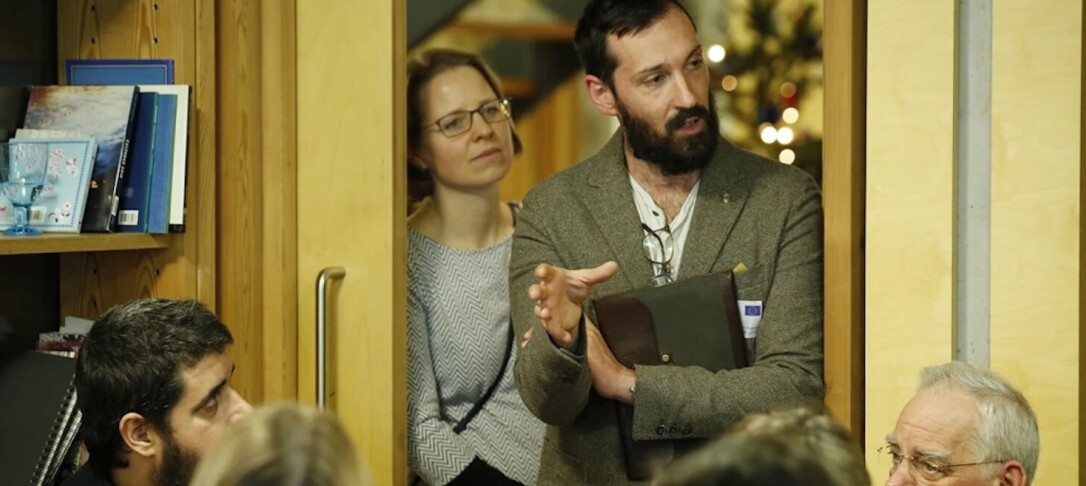
Advanced non-invasive imaging techniques are becoming more common in helping doctors decide on the best treatments and predict patient outcomes, tasks that were previously done using genetic tests. Our research teams are focused on developing PET and CT scans for these purposes.
For instance, HER-2 PET scans can non-invasively detect the presence of HER-2 receptors, which are important in some cancers.
These scans can also reveal changes in HER-2 levels between the primary tumour and secondary cancers, as well as differences between various metastases. This detailed information helps doctors tailor treatments more precisely to each patient’s needs.
Additionally, we are using artificial intelligence (AI) to analyze routine CT scans for important prognostic information. This means that the data from standard CT scans can be examined in greater detail to provide insights into a patient’s care. We are particularly focusing on using these advanced methods to determine the prognosis for patients.
In summary, our work aims to enhance the precision of cancer treatment and prognosis through advanced imaging techniques and AI, making it possible to gather crucial information non-invasively.
Speakers
Dr Laura Kenny
When expression of HER-2 changes in different tumours – non-invasive measurements by PET
Dr Mitch Chen
AI—Prediction of immuno-therapy outcome and prognosis in lung cancer from CT scans using radiomics
Dr Mathew Vithayathil
AI – Radiomics in liver cancer from MRI scans and routine clinical data
For more information please contact Kelly Gleason.